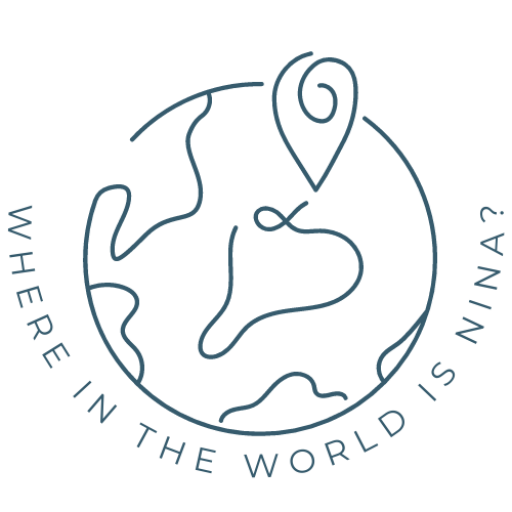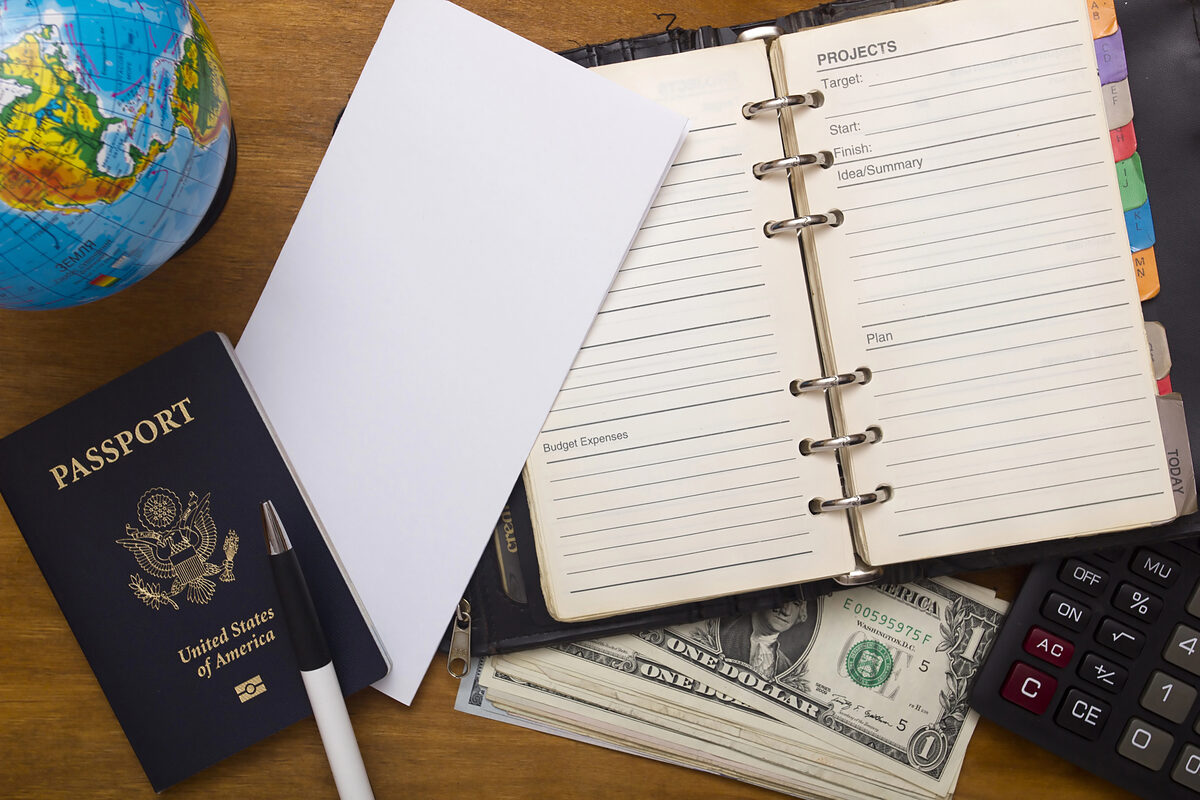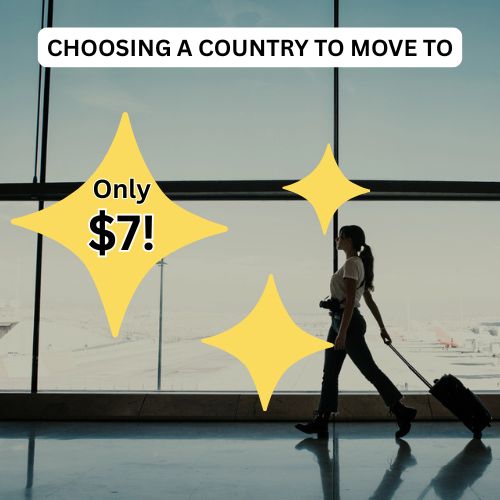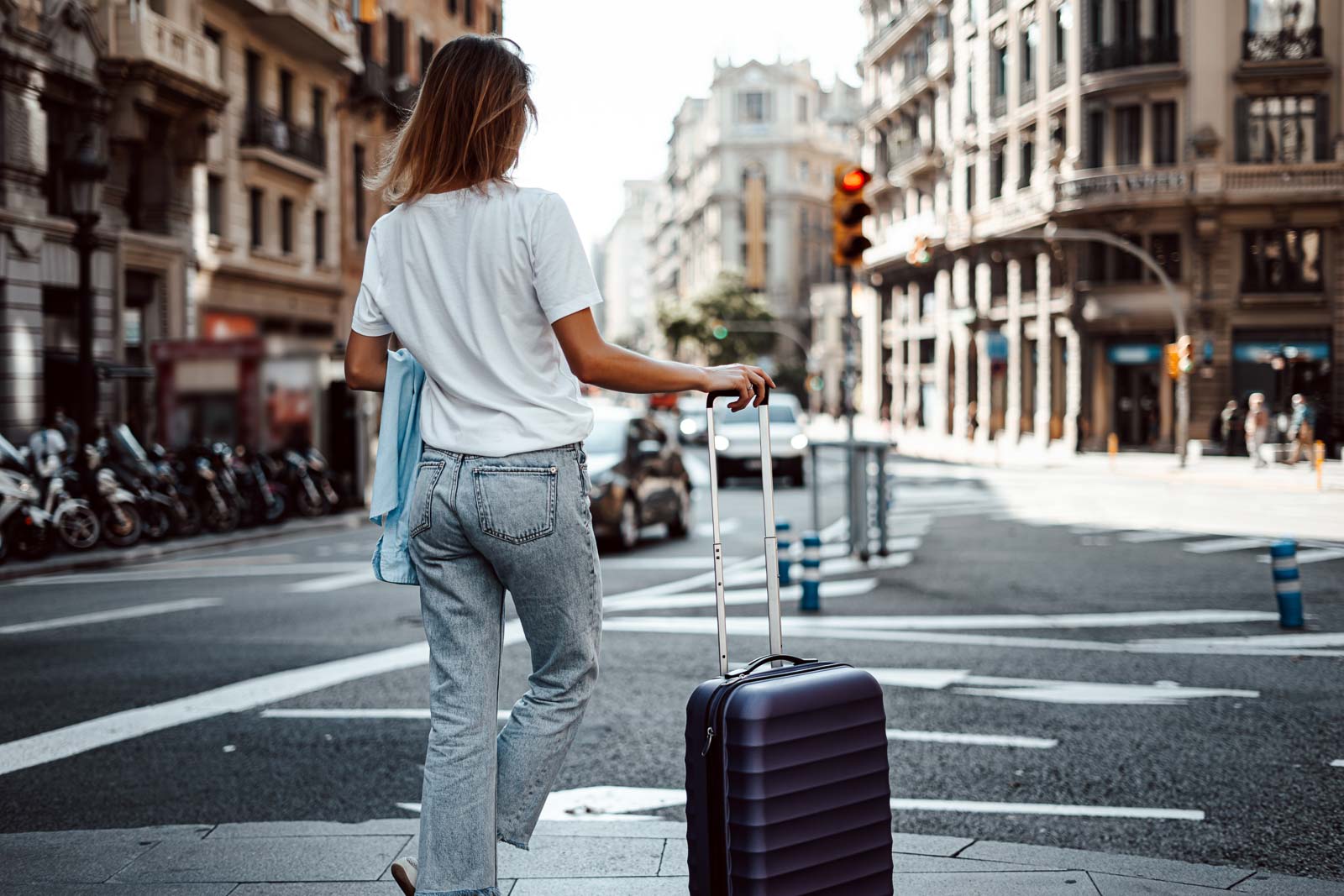30 Things to Do Before You Move Abroad Checklist
Moving abroad sounds like an adventure—and it is—but the logistics can be overwhelming. There’s no one-size-fits-all checklist because every country has different rules, requirements, and quirks.
A digital nomad bouncing between countries will have a completely different to-do list than a family relocating permanently, and what’s essential for one person might not even matter for another.
Some people need work visas, others are taking advantage of visa-free stays, and let’s be real—some of you are just planning to border-hop every few months to keep things rolling.
This guide covers the absolute must-dos before moving abroad, from visas and banking to health and safety. Whether you’re committing long-term or just testing the waters, this list will help you prepare.
Of course, depending on where you’re going and how you’re moving, you might need to tweak a few things—but consider this your starting point for a smooth transition to life abroad!
RELATED: Countries Where You Can Stay Long-Term on a Tourist Visa
Table of Contents
Logistics & Legal Stuff
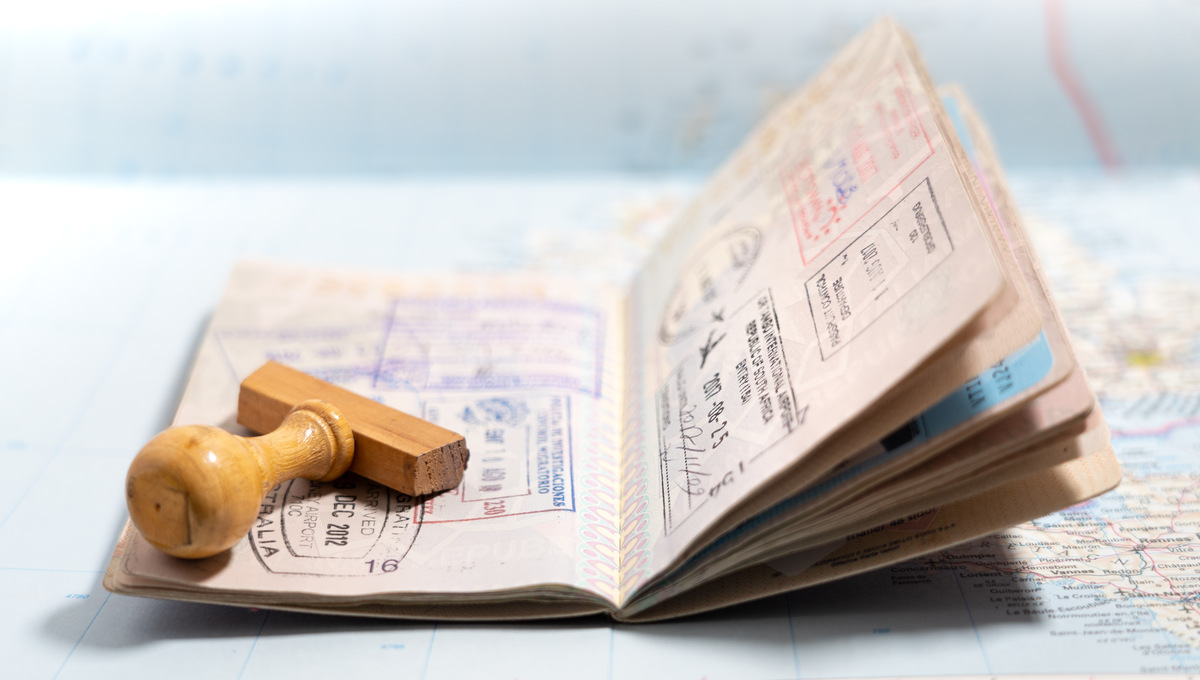
- Check visa & residency requirements – Every country has different rules, and some visas take time to process, sometimes, you can walk right in and get stamped. Research the visa option for your situation and check if you need to apply before arrival. Some countries require proof of income, health insurance, or even criminal background checks.
- Get necessary vaccinations & health checks – Some countries require vaccines like Yellow Fever for entry, and others recommend additional shots for long-term stays. At the least, get what you need initially to get you through and then get the rest abroad for probably less.
- Renew your passport – If your passport has less than six months of validity, many countries won’t let you enter. Some visa applications require a longer validity period, so it’s safest to renew before it becomes a problem. With that said, you can get passports renewed abroad, too, if it doesn’t expire for a bit.
- Get an International Driving Permit (IDP) – Many countries don’t recognize foreign licenses, and an IDP can act as an official translation. You can get a one-year permit through AAA for about $20.
- Set up a mail forwarding service or digital mailbox – You’ll still receive important mail after leaving, from tax documents to credit card renewals. A mail forwarding service lets you receive and scan mail remotely, while a trusted friend or family member can also help. If you need to maintain a U.S. address for legal or banking reasons, some virtual mailbox services provide one.
Money & Banking
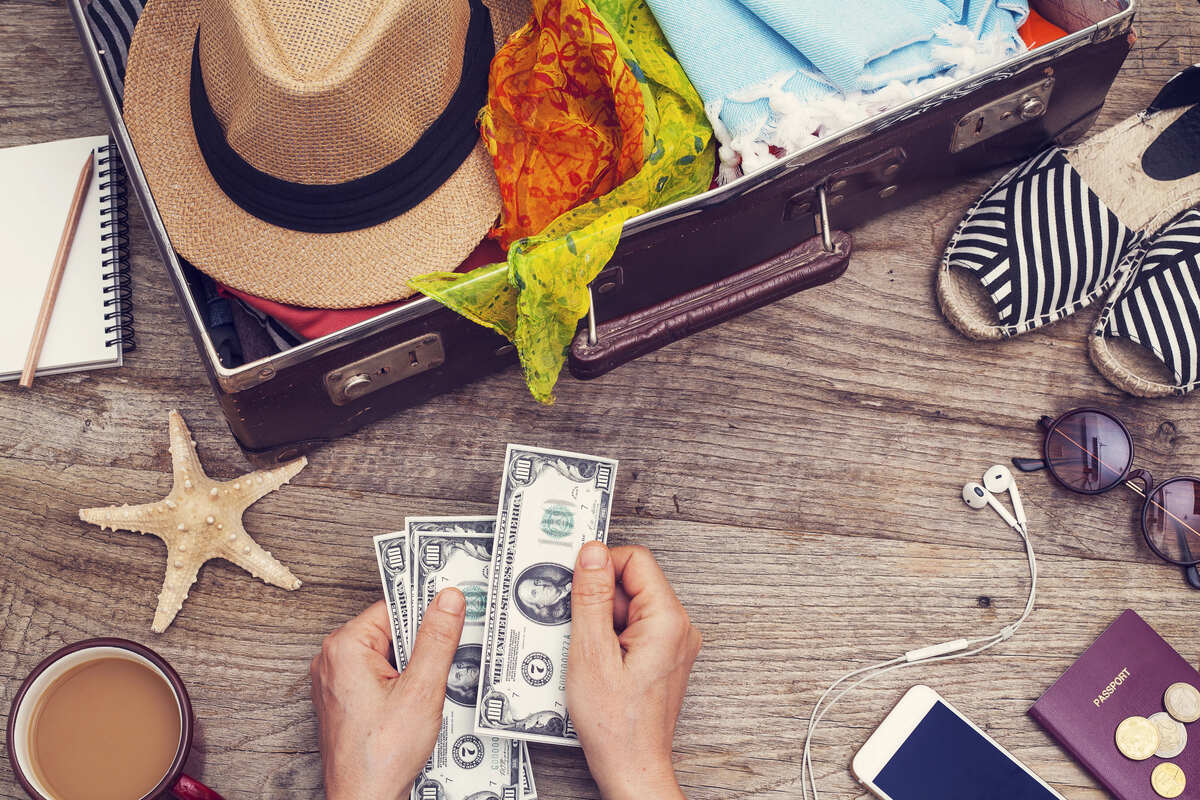
- Open a bank account that doesn’t charge foreign transaction fees – Many traditional banks charge fees on every international withdrawal or transaction. Get at least two cards from a travel-friendly bank to avoid being stranded if one gets lost, stolen, or frozen. Charles Schwab is what I use. AVOID money exchanges.
- Get a credit card with no international fees – Some U.S. credit cards have foreign transaction fees of up to 3%, which adds up quickly. A travel rewards card can save you money on flights and hotels with points AND you can use them without rack up fees. Visa or Mastercard are more accepted than American Express or Discover. These are the cards I love.
- Bring some USD as an emergency backup – In many countries, USD (or another stable currency) is useful in case of an emergency. ATMs are usually the best way to get cash, but machines can be unreliable or have withdrawal limits. Having at least $200-500 hidden in a safe spot can be a lifesaver. BUT use your ATM card as mentioned above to get cash and avoid exchanging your USD unless 100% needed.
- Set up online banking & notify your bank of travel plans – Some banks automatically freeze your card if they detect foreign transactions, even if you’ve told them you’re traveling. Set up mobile banking and enable two-factor authentication before you leave. If your bank’s fraud detection is overly strict, consider switching to a travel-friendly option.
- Understand the tax system in your new country – If you stay in one place long enough, you may owe local taxes, even if you’re earning remotely. There’s also the Foreign Earned Income Exclusion (FEIE), which can reduce your U.S. tax burden. Read more about taxes as a nomad.
Work & Finances
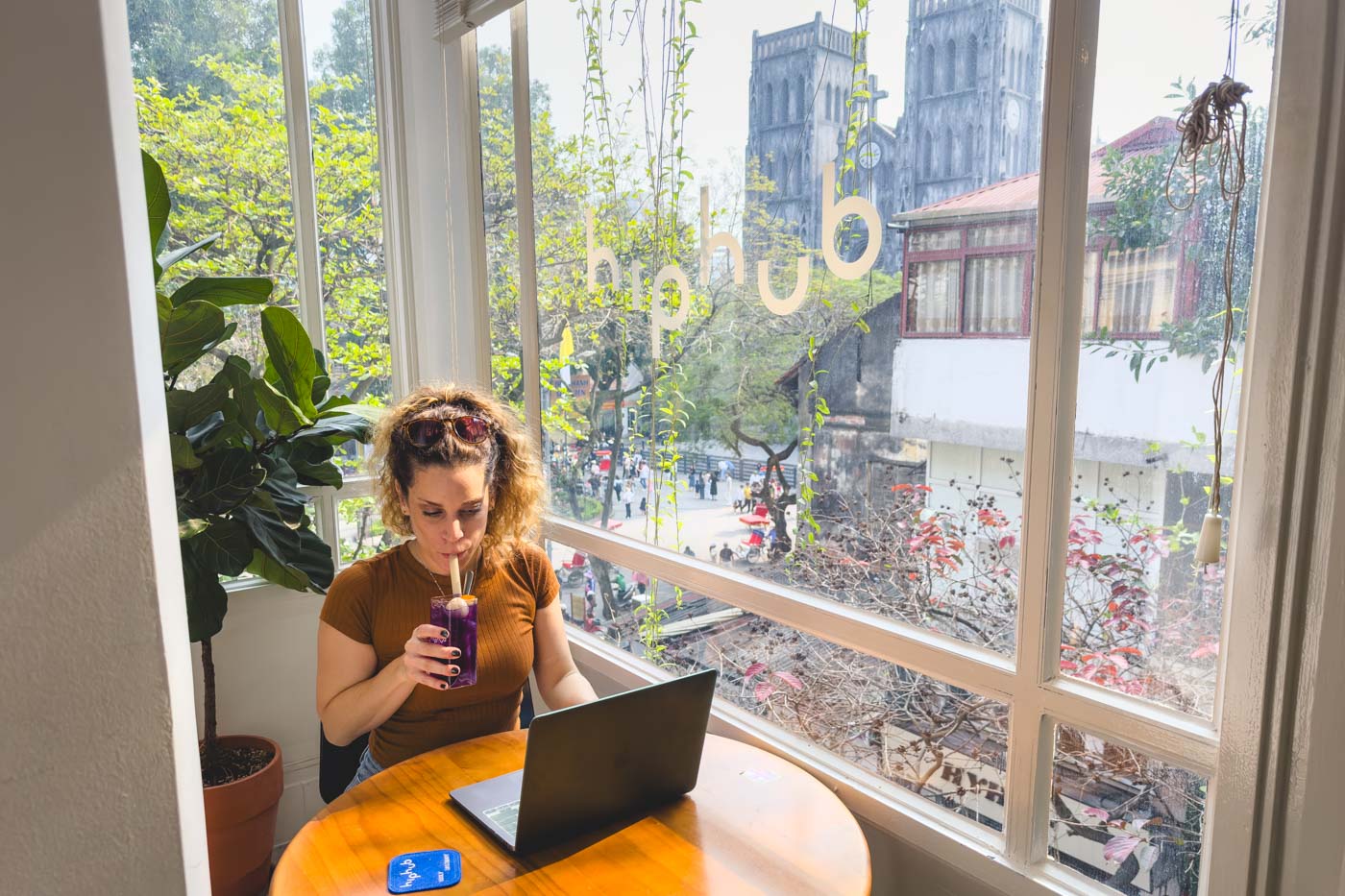
- Know what work documents you need – If you’re planning to teach abroad, many employers require an original degree, background checks, or notarized copies of your certifications. Other jobs may need professional licenses, proof of work experience, or a local work permit. If you’re freelancing remotely, you can likely get away with a tourist visa.
- Plan an emergency fund – Moving abroad is unpredictable, and costs can add up unexpectedly. Have at least three to six months of living expenses saved up in case of visa issues, job delays, or emergencies. Make sure it is accessible.
- Look into local coworking spaces, networking groups, or job boards – If you’re freelancing and digital nomading, coworking spaces can provide reliable WiFi and a built-in community. Networking groups help with finding local opportunities, while country-specific job boards can connect you with short-term or long-term work.
Housing & Stuff
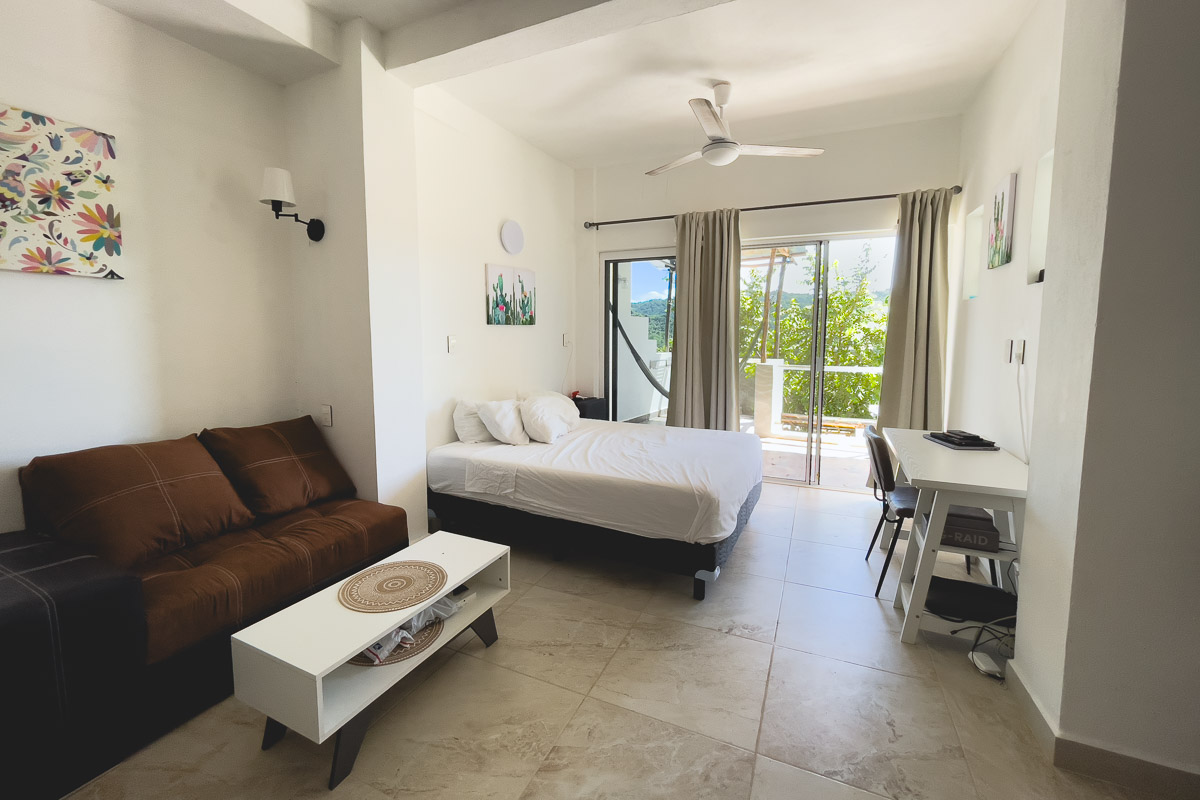
- Figure out short-term housing before committing long-term – Photos can be deceiving, and landlords know how to make places look better online. Book a short-term rental for at least the first few weeks while you get a feel for different neighborhoods. Once you’re on the ground, you can negotiate a better long-term deal.
- Sell, store, or ship your belongings – Shipping is expensive, slow, and unreliable. Unless you’re making a permanent move, it’s usually not worth it. Sell what you can, store essentials with a friend or family member, and travel light.
- Cancel, pause, or transfer subscriptions & services – Gym memberships, car insurance, phone plans, and streaming services you can’t use abroad should be canceled or adjusted. Some services, like Amazon Prime, have different content libraries in other countries, so check if they’re still worth keeping.
- Downsize – You need way less than you think. Selling off clothes, furniture, and extra gadgets can give you extra cash and make packing easier.
Tech & Communication

- Unlock your phone & get an eSIM or local SIM – Some carriers lock phones, preventing you from using a foreign SIM. eSIMs like AloSIM and Nomad let you activate data plans before arriving, while a local SIM is usually the cheapest option for long-term stays.
- Backup important documents to the cloud – Store copies of your passport, visa, insurance, and banking info somewhere secure. Cloud storage works well.
- Check VPN needs – Some countries, like China, UAE, and Turkey, block major websites and communication platforms. ExpressVPN is a popular choice.
- Check power outlets & bring adapters – Some countries use different voltage, which can fry your electronics. Research whether you need a voltage converter along with an adapter.
- Download key apps before you go – Offline maps, translation apps, ride-hailing services, and digital banking apps can save you a lot of headaches in the first few weeks.
Health & Safety
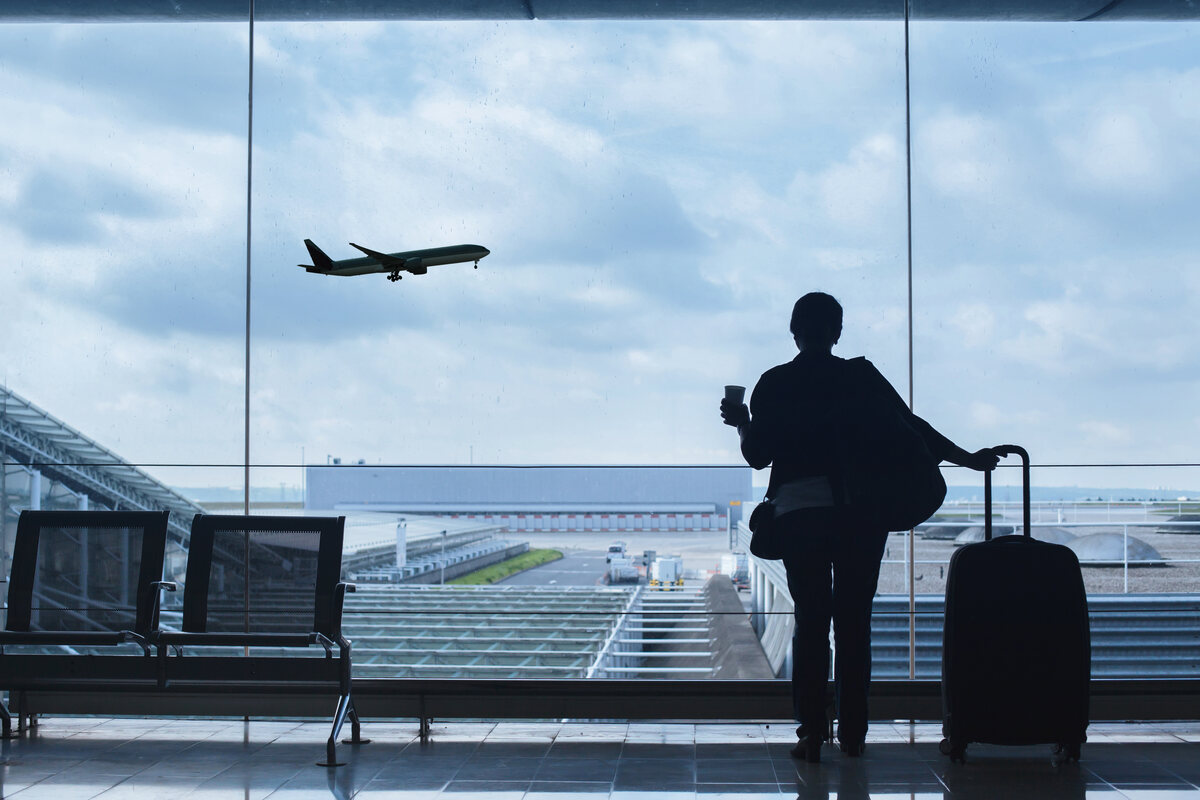
- Get prescription meds in advance & check if they’re legal abroad – Some common medications (like Adderall or painkillers) are banned in certain countries. Bring a doctor’s note and check local regulations to avoid issues at customs.
- Find out if you need a medical exam for a visa/work permit – Some long-term visas require proof of vaccinations, TB tests, or full health screenings. Get it done in advance if needed.
- Get travel/health insurance – Healthcare quality varies worldwide, and an accident can be costly. Make sure your insurance covers emergencies, major procedures, and repatriation.
✨Everything you need to know to move abroad✨
Social & Culture

- Learn basic phrases in the local language – Even knowing how to say “hello,” “thank you,” and “I don’t speak [language]” can help. Locals appreciate the effort.
- Join expat/local Facebook groups & forums – These can be goldmines for housing, job leads, and insider tips.
- Research local customs & etiquette – Tipping rules, greetings, and social norms can be very different from what you’re used to.
- Know what NOT to bring – Some items, like drones, certain medications, or e-cigarettes, are banned in specific countries. Check before packing.
- Find a hobby/social activity – Joining a group, club, or class can help you make friends and settle in faster.
